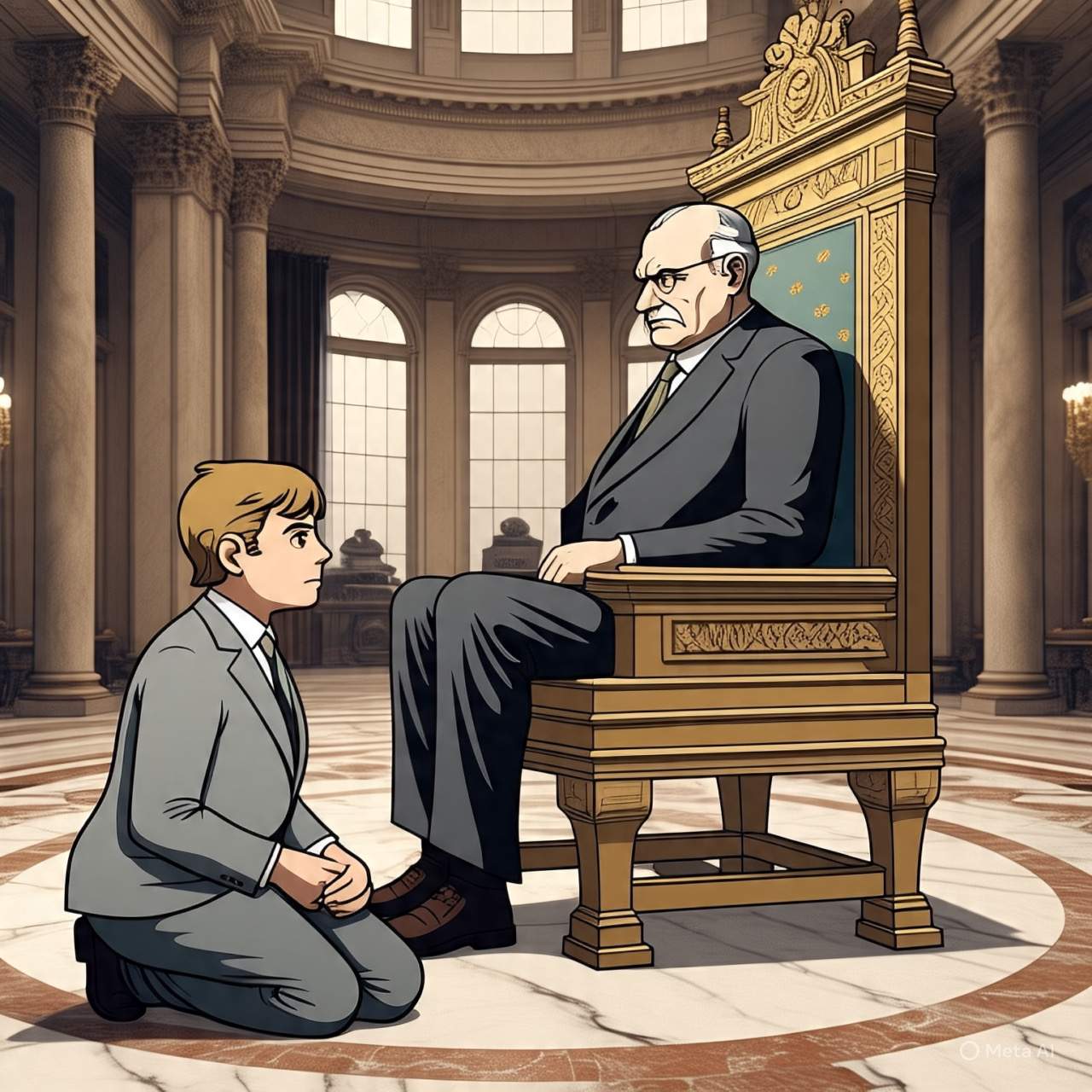In the city of Kumasi, nestled in a glass-walled office on the 1st floor, was the headquarters of DorciMoi Solutions, a company that prided itself in women empowerment ,but behind the glossy brochures and team-building slogans, something toxic was brewing.
For years, the company’s founder and CEO, Mr. Ezze, had built a reputation for being sharp and visionary. But with time, his leadership had shifted. No longer open to feedback or challenge, he surrounded himself with people who told him what he wanted to hear.
That’s when the real culture began to change.
The leadership meetings, once known for brainstorming and bold debate, turned into echo chambers. Heads nodded not because they agreed, but because they were afraid not to.
“Brilliant idea, Sir.”
“Absolutely, Sir.”
“You’re right as always, Sir.”
Even when he was wrong, especially when he was wrong, no one spoke up.
The few who dared to question were quickly branded as “difficult,” passed over for promotions, or quietly sacked.
Prince was a mid-level project manager. Smart, capable, and fiercely principled, he had once admired the company’s ambition. But now, his team was crumbling under poor decisions, most of which came from the top.
One day, Mr. Owusu ordered the rollout of a new idea for women empowerment, despite the assembly’s’ warnings that the idea was not sustainable.
Prince, with a heart full of concern and a folder full of data, tried to speak up in a meeting.
“Sir, we’ve run multiple tests. The idea is not sustainable. If we start implementation now, it cannot be upheld. Let us take our time and plan this carefully.”
There was silence. Eyes looked away. And then someone coughed and said, “Prince , maybe you’re overthinking it. Mr. Owusu knows the industry better than any of us.”
The room nodded. And just like that, the truth was buried under the weight of sycophancy.
A week after the release, a major security breach occurred. Sensitive client data leaked, and reputations were damaged. The company scrambled for damage control. Mr. Owusu blamed the tech team. Heads rolled.
Prince watched quietly as two of his most competent colleagues were let go. He wasn’t surprised. He was disappointed.
The very people who whispered support in the break room—“You were right, Prince. He doesn’t listen.”—were the ones who smiled the widest in front of the boss.
The Culture of Gossip and Fear
In the shadow of this culture, gossip became currency.
Employees stopped trusting each other. Backbiting flourished. People were more concerned about staying in favor than doing what was right. Decisions were no longer made based on facts, but on who said them and how loud they applauded.
Meetings became performances. Honesty became dangerous. And slowly, the company that once valued women empowerment lost its edge.
eventually resigned. Not out of defeat, but from clarity. She knew she couldn’t grow in a place where truth was treated like a threat.
Before she left, she wrote a quiet letter—not of anger, but of insight.
“A workplace built on fear will always collapse under the weight of silence.
A team that values comfort over truth will never reach its full potential.
If loyalty is defined by how well we flatter, then leadership is not leadership—it’s ego management.”
She left it on the HR director’s desk and walked out with her dignity intact.
DorciMoi didn’t collapse immediately. But over time, its best talent quietly left. Its reputation dulled. Clients noticed. Investors pulled back. And the visionary at the top? He couldn’t understand why the empire he built was crumbling from within.
He never realized that the biggest danger wasn’t criticism—it was the lack of it.
Read Also- True Love: The Shocks ,Surprises, And Soul of Real Relationships
In any workplace, the real power lies not in blind obedience, but in honest dialogue.
And a culture where flattery replaces truth will always rot from the inside out.
Because when everyone nods—even when they know it’s wrong—truth dies.
And with it, so does progress.



